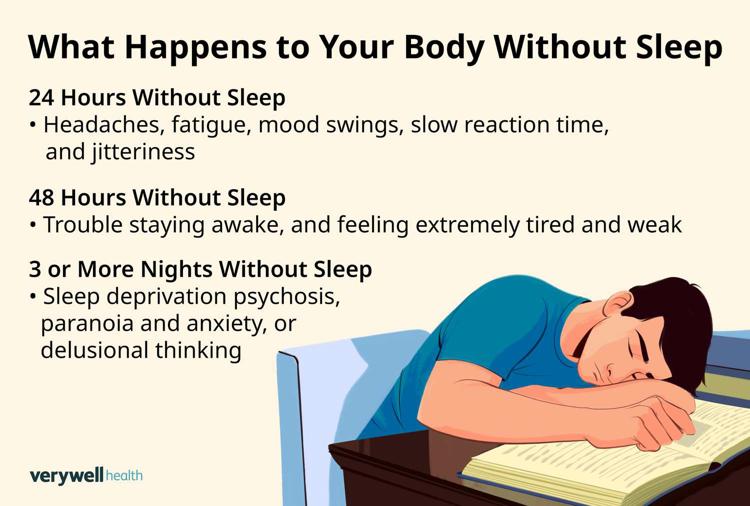Is Time Travel Possible According to Science?
Exploring the Possibility of Time Travel Through Scientific Lenses

Frequently Asked Questions
Currently, time travel to the past remains theoretically questionable due to paradoxes and the limitations posed by our understanding of physics. Theoretical constructs like wormholes could allow it, but practical application is not yet feasible.
Traveling forward in time is theoretically supported by time dilation effects observed in physics, whereas traveling backward presents significant logical and physical paradoxes that challenge our understanding of causality.
Step by Step Guide
1
Understanding Time
Time is a dimension in which events occur in a linear sequence. In physics, particularly in Einstein's theory of relativity, time is treated as a relative measure closely linked to the speed of light and space.
2
The Theory of Relativity
Einstein's theory posits that time can be affected by speed and gravity. As objects move faster or are in a stronger gravitational field, time passes differently for them compared to an observer in a different frame of reference.
3
Time Dilation
Time dilation is a concept from relativity which states that the faster you travel through space, the slower you move through time. This effect has been confirmed through experiments with high-speed particles and atomic clocks.
4
Traveling to the Future
Theoretically, traveling to the future is possible through high-speed travel or being in a strong gravitational field. For example, astronauts on the ISS experience less time due to their velocity relative to Earth.
5
Wormholes as Time Machines
Wormholes, as predicted by general relativity, are theoretical passages through spacetime that could create shortcuts between distant points. Some theories propose that if one end could move, then it might allow time travel.
6
Black Holes and Time Travel
The intense gravitational pull of black holes can warp space and time around them. There are theoretical ways to use black holes as a means to travel through time, though practical application remains speculative.
7
Paradoxes and Problems with Time Travel
Time travel introduces logical paradoxes, like the grandfather paradox, where a traveler might prevent their own existence in the past. These paradoxes raise questions about causality and the nature of time.
8
Quantum Mechanics and Time
In quantum mechanics, time behaves differently, with particles exhibiting properties that challenge classical ideas about time. Some interpretations suggest the possibility of simultaneous timelines or parallel universes.
9
Philosophical Implications
The concept of time travel also raises philosophical questions about free will, destiny, and the nature of reality. If time travel were possible, it would necessitate a rethinking of our understanding of history and individual agency.
10
Current Research and Future Prospects
Ongoing research in theoretical physics, quantum gravity, and cosmology continues to explore the complexities of time. While we are far from achieving practical time travel, understanding time remains a vibrant field of scientific inquiry.








